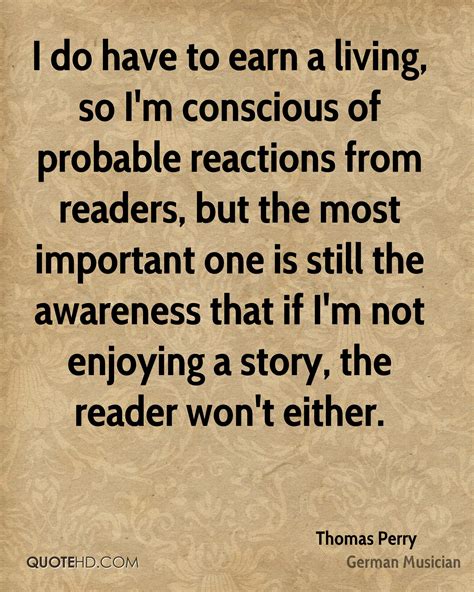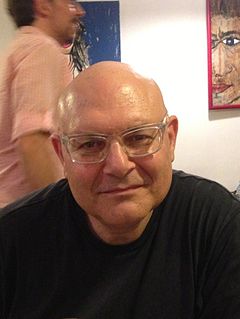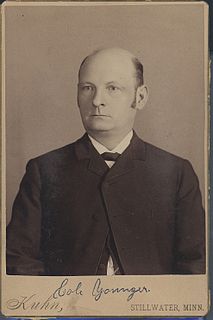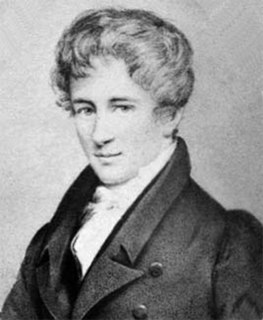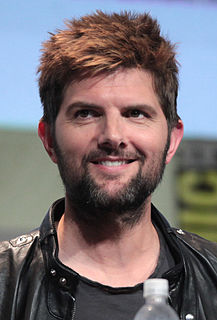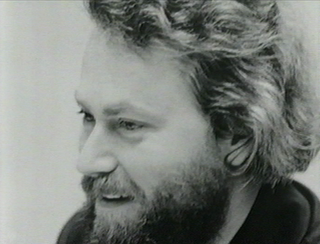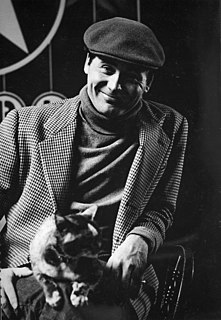A Quote by Hans Urs von Balthasar
The work with which we embark on this first volume of a series of theological studies is a work with which the philosophical person does not begin, but rather concludes.
Related Quotes
If the first plan which you adopt does not work successfully, replace it with a new plan; if this new plan fails to work, replace it in turn with still another, and so on, until you find a plan which does work. Right here is the point at which the majority of men meet with failure, because of their lack of persistence in creating new plans to take the place of those which fail.
Around the time of the Terran Caesar Augustus, a Martian artist had been composing a work of art. It could have been called a poem, a musical opus, or a philosophical treatise; it was a series of emotions arranged in tragic, logical necessity. Since it could be experienced by a human only in the sense in which a man blind from birth might have a sunset explained to him, it does not matter which category it be assigned.
I became religious and at 14 went to a boarding school 500 miles from home to begin theological studies. By the time I started university, politics had replaced religion in the economy of my enthusiasms but I had no idea what to study. My boarding school emphasized languages which I was bad at, and deemphasized math and science which I was good at.
We cannot begin with complete doubt. We must begin with all the prejudices which we actually have when we enter upon the study ofphilosophy. These prejudices are not to be dispelled by a maxim, for they are things which it does not occur to us can be questioned. A person may, it is true, in the course of his studies, find reason to doubt what he began by believing; but in that case he doubts because he has a positive reason for it, and not on account of the Cartesian maxim. Let us not pretend to doubt in philosophy what we do not doubt in our hearts.
General editors' preface The growth of translation studies as a separate discipline is a success story of the 1980s. The subject has developed in many parts of the world and is clearly destined to continue developing well into the twenty-first century. Translation studies brings together work in a wide variety of fields, including linguistics, literary study, history, anthropology, psychology, and economics. This series of books will reflect the breadth of work in translation studies and will enable readers to share in the exciting new developments that are taking place at the present time.
When we give help to the poor, we are not doing the work of aid agencies 'in a Christian way'. Those are good, it is a decent thing to do - aid work is good and quite human - but it is not Christian poverty, which St. Paul desires of us and preaches to us. Christian poverty is that I give of my own, and not of that which is left over - I give even that, which I need for myself, to the poor person, because I know that he enriches me. Why does the poor person enrich me? Because Jesus Himself told us that He is in the poor person.
A free mind is one which is untroubled and unfettered by anything, which has not bound its best part to any particular manner of being or worship and which does not seek its own interest in anything but is always immersed in God's most precious will. . . . There is no work which men and women can perform, however small, which does not draw from this its power and strength.



